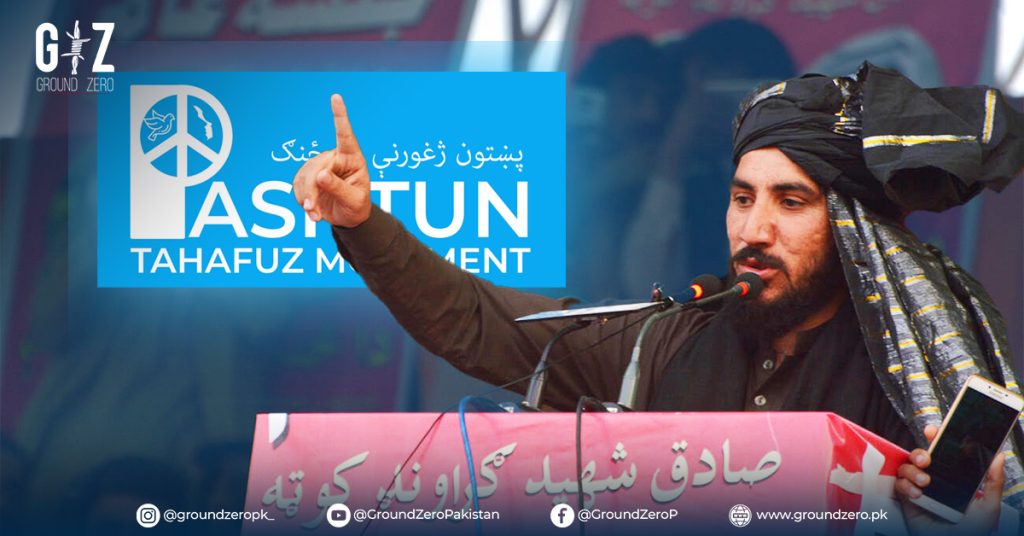Why is PTM Banned in Pakistan?
The Pashtun Tahafuz Movement (PTM) has been banned in Pakistan for engaging in activities that threaten the country’s national security and sovereignty. Pakistan has justified this ban based on several serious allegations against the PTM, ranging from inciting unrest to advocating for terrorist groups.
For more updates on political movements, visit our Pakistan section.
Anti-State Activities
The PTM is accused of not recognizing Pakistan as a sovereign state. Its leaders have frequently challenged Pakistan’s foundational ideology, criticizing the nation’s founding fathers, such as Quaid-e-Azam and Allama Iqbal. They also raise Afghan flags and claim certain parts of Pakistan as part of Afghanistan.
Furthermore, PTM leaders have repeatedly called for international sanctions on Pakistan, comparing the country to Iran in terms of terrorism sponsorship. Such actions have been viewed as detrimental to Pakistan’s global standing.
For details on similar anti-state activities, visit our Balochistan coverage.
Security and Law Enforcement
PTM has been accused of attacking security forces and inciting chaos. Several PTM-led protests resulted in violent confrontations with police and the army, and they often mobilize crowds, leading to blockades and disruption of daily life. An example was the attempted violence in Bannu, where PTM allegedly conspired with PTI to provoke unrest during a protest.
PTM’s constant interference with counter-terrorism operations, including opposing search operations, providing refuge to terrorists, and calling for the dismantling of security checkpoints, has raised concerns about its support for militant groups. PTM leader Manzoor Pashteen has become a favorite of the Tehreek-e-Taliban Pakistan (TTP), raising questions about his ties with terrorist factions.
For insights on the rising militancy in KP, check our Khyber Pakhtunkhwa section.
Terrorism and Illegal Activities
PTM’s narrative has aligned closely with the rhetoric used by terrorist groups. Manzoor Pashteen has notably refrained from condemning any acts of terrorism carried out by groups like the TTP, further fueling the belief that PTM supports anti-state elements. TTP’s former leader even dedicated a chapter in his book praising Manzoor Pashteen.
PTM has also advocated for opening the Pakistan-Afghanistan border and opposed the border fence, arguing it limits cross-border movement, including smuggling and trafficking. PTM leader Ali Wazir once stated that he would “drag soldiers with the border fence.” Such remarks signal a broader agenda beyond advocating for Pashtun rights.
For more on cross-border security issues, visit our Afghanistan news section.
National Integrity at Stake
Sensitive intelligence reports have pointed out that PTM is funded by external forces, particularly from Afghanistan. This further fuels the belief that PTM’s primary aim is to destabilize Pakistan and sow dissent within the country. Manzoor Pashteen’s public speeches often discuss forming a separate state with its own army, which threatens Pakistan’s integrity.
These are among the reasons why Pakistan has banned PTM, deeming it a serious threat to national stability.
For a deep dive into external influences in Pakistan, check out our Middle East section.
PTM’s Declining Influence (H3)
In recent times, PTM’s influence has dwindled. The organization has struggled to maintain public support and has been increasingly reliant on external narratives, including the Afghan card, to further its cause. As PTM weakens, it has become clear that their tactics of spreading unrest have backfired, leaving them isolated.


